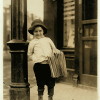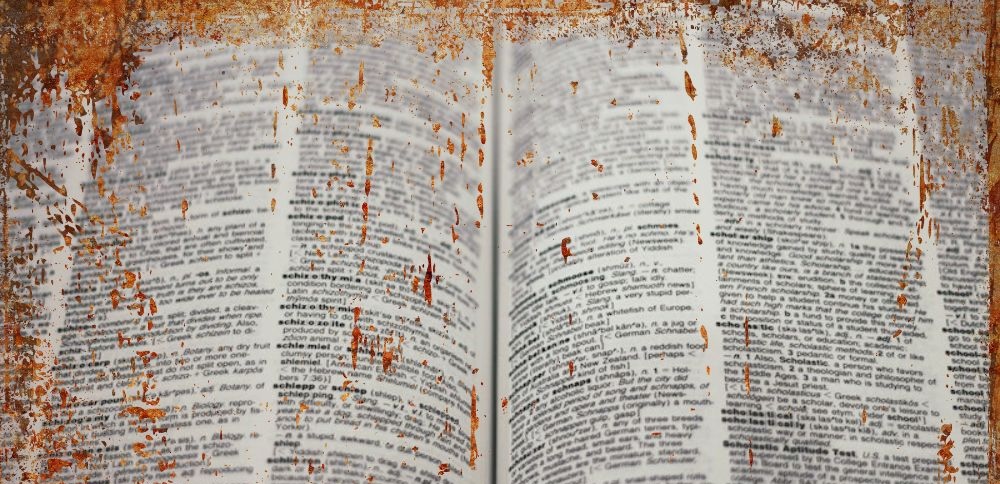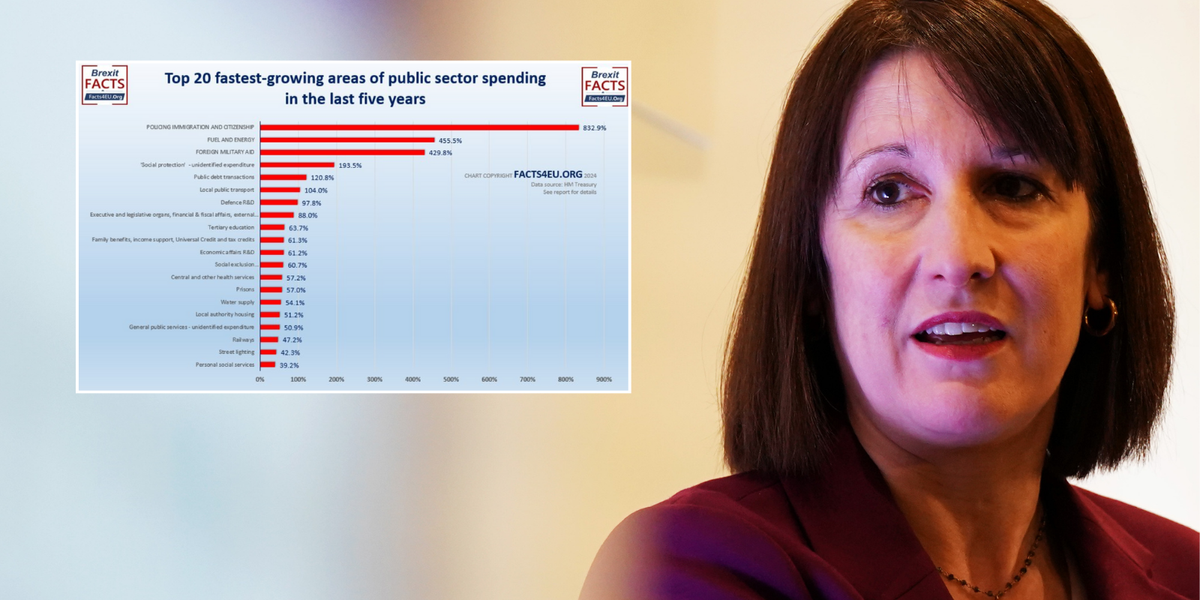The Best of the Literary Internet, Every Day

TODAY: In 1904, the first of Virginia Woolf’s writings to be accepted for publication, “Haworth, November 1904,” an account of a visit to the Brontë family home, is published anonymously in a women’s supplement to a clerical journal, The Guardian.
- Who should you ask about the best poems of 2024? Poets, of course. And their picks are all available to read online for free. | Lit Hub Criticism
- “He has chosen to be a farm stand that serves salty, fatty, sugary pseudo-thinking.” These are the most scathing book reviews of 2024. | Book Marks
- We know you don’t want to read every best books of 2024 list, so Emily Temple read them all for you. | Lit Hub Reading Lists
- From the Booker to the Pulitzer, the Nebula to the Edgar, here are the award-winning novels of 2024. | Book Marks
- “She was a contrarian yet utterly original, warm yet suffered no fools, wrote children’s books but could curse up a storm…” Kevin Young remembers Nikki Giovanni. | The New Yorker
- “At every significant change in the medium, poets seemed to be the ones doing the first experiments. Poets were doing R&D.” Zoë Hitzig and Ryan Ruby in conversation. | The Baffler
- Idrissa Simmonds-Nastili considers the “failure of both imagination and of historical evidence, to only center Haiti in crisis.” | Adi Magazine
- “Through the barrier of a screen, the lines between the strange and the familiar blur: We come to know the endless suffering before us by heart, yet we have no real understanding of what it means to endure it.” On Isabella Hammad’s Recognizing the Stranger. | The Nation
- Joel Suarez considers Studs Terkel’s Working at fifty. | Jacobin
- Ange Mlinko considers what we can learn from prose written by poets. | New York Review of Books
- Kotryna Garanasvili considers the broad and underacknowledged world of “translation adjacent” activities. | Words Without Borders
- Marisol LeBrón considers two books on the intersection of colonialism and prisons. | Public Books
- Ayşegül Savaş discusses research, transitions, and the writing process. | Full Stop
- “It turns out that, upon reflection, the Almighty’s views are pretty straightforwardly those of the average North American conservative.” Yeah, Jordan Peterson’s views of the Bible are about what you’d expect. | Jacobin
- “A solitude of being one with others and just that—being, being so deeply inside oneself that there is no outside of oneself; there is no tension between you and the world.” Roger Reeves reflects on images of Black men resting. | Emergence Magazine
- Troll-man-to-lover: When 17th century Swedish courts investigated supernatural love. | Atlas Obscura
- In days of yore, the publishing holiday parties went hard. | The Cut
- Maya Vinokour close-reads Luigi Mangione’s self-help library. | The Nation
- Hannah Bonner considers literary motherhood and Marielle Heller’s adaptation of Nightbitch. | Los Angeles Review of Books
Also on Lit Hub:
Which literary stories made the biggest impact this year? • Palestinian stories and voices trace a long, painful year in Gaza • Gender, agency and freedom on both sides of the photographer’s lens • Just in time for those holiday family gatherings, here’s a less meta way to approach difficult conversations • Betsy Fagin talks to Peter Mishler • Read “Winter” and “Sigh,” two poems by Roberta Iannamico • These new books are out now • Jane Ciabattari in conversation with Weike Wang • Olivia Rutigliano recommends more of Dickens’s spooky Yuletide stories • Read “What Zarqaʾ al-Yamama Didn’t Say,” a poem by Mohamed Abdelbari • On the innovative work of iconic New Yorker cartoonist Saul Steinberg • Our editors’ favorite Lit Hub stories of 2024 • Are you the asshole if you “loathe” writers who are too online? • The most-read Lit Hub pieces of 2024 • Maris Kreizman on her favorite book to television adaptations of 2024 • Katherine J. Chen rediscovers Henry James • These are 50 of 2024’s best nonfiction books • Our 10 favorite book to screen adaptations from 2024 • The case for recognizing the brain rot of times gone by • Chris Knapp talks to Andrew Martin about creating realistic relationships • Abdelrahman ElGendy on Mosab Abu Toha’s Forest of Noise

 By Literary Hub | Created at 2024-12-21 11:58:06 | Updated at 2024-12-21 17:13:49
5 hours ago
By Literary Hub | Created at 2024-12-21 11:58:06 | Updated at 2024-12-21 17:13:49
5 hours ago









![U of Michigan fires [racist] DEI official over purported antisemitic comments. U of Michigan fires Rachel Dawson, director of an office for multicultural initiatives, over alleged antisemitic comments made in private.](https://freerepublic.com/images/fr_fuel_guage.jpg)